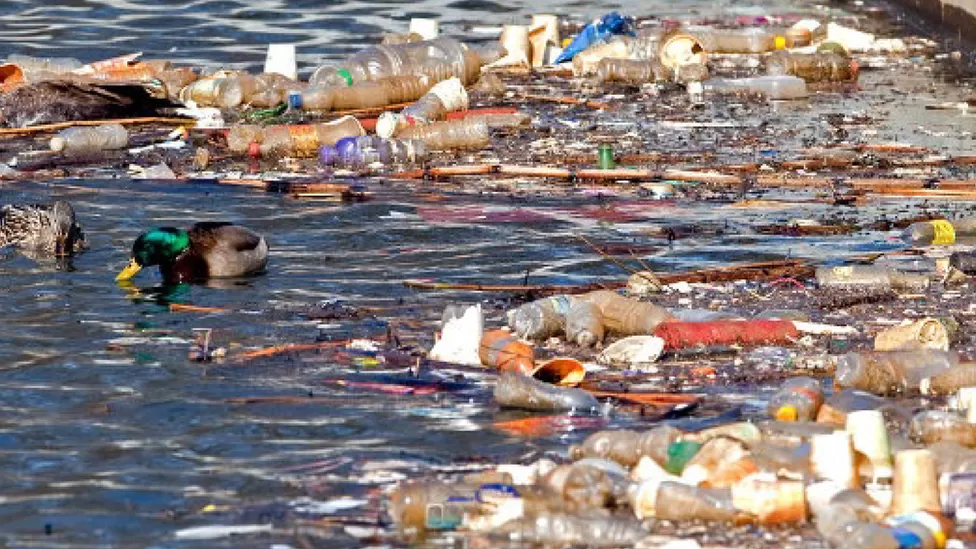PepsiCo has been sued by New York state for plastic pollution along Buffalo River that is allegedly contaminating the water and harming wildlife.
According to the lawsuit, PepsiCo is the single largest identifiable contributor to the problem.

PepsiCo’s spokesperson has told the BBC that it has been “transparent in its journey to reduce use of plastic”.
Last week Coca-Cola, Danone and Nestle were accused of making misleading claims about their plastic bottles.
PepsiCo is the world’s second biggest food company and many other big corporations have been facing lawsuits by local authorities about their impact on the environment.
Companies are accused of greenwashing when they brand something as more eco-friendly, green or sustainable than it really is. It can mislead consumers who hope to help the planet by choosing those products.
“No company is too big to ensure that their products do not damage our environment and public health,” said Attorney General Letitia James.
When her office conducted a survey of all types of waste collected at 13 sites along the Buffalo River last year, it found that PepsiCo’s single-use plastic packaging was the most significant.
“Of the 1,916 pieces of plastic trash collected with an identifiable brand, over 17% were produced by PepsiCo,” it said.
Other identifiable brands include McDonald’s and candy maker Hershey’s.
According to New York state, PepsiCo manufactures, produces, and packages at least 85 different beverage brands and 25 snack food brands that predominantly come in single-use plastic containers. Pepsi said in a statement that it was “serious about plastic reduction and effective recycling”.
It added that this was a “complex issue” which required involvement from “businesses, municipalities, waste-reduction providers, community leaders and consumers”.
The lawsuit alleged that microplastics have been detected in the city of Buffalo’s drinking water supply which “can cause a wide range of adverse health effects, from reproductive dysfunction to inflammation of the intestine and neurotoxic effects”.
Source: BBC NEWS




















Add Comment